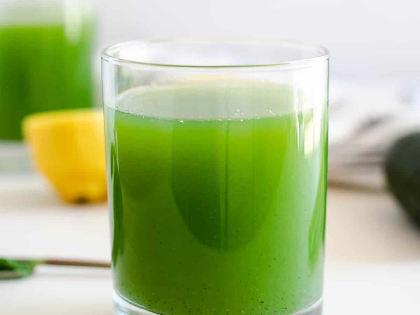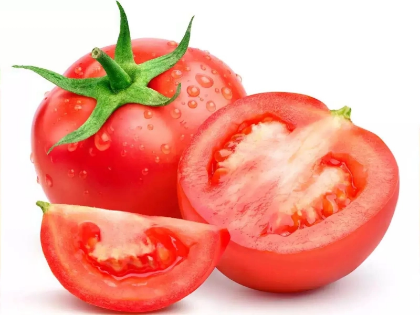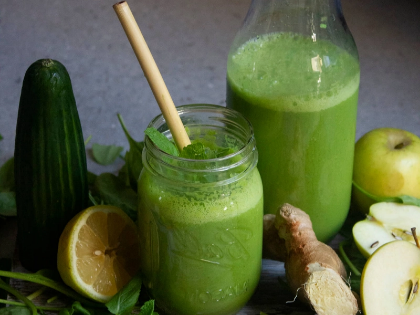Are Tomatoes Good For Your Brain?
Lycopene, the all-star carotenoid found in tomatoes, helps prevent oxidative stress and gets rid of free radicals. They also include folate and vitamin E, which support the defense of cell membranes. Select organic tomatoes that have been cultivated organically rather than being accelerated in order to achieve ripeness. The amounts of flavonoids, which are crucial plant nutrients, such as kaempferol, will be higher in these tomatoes.
lycopene
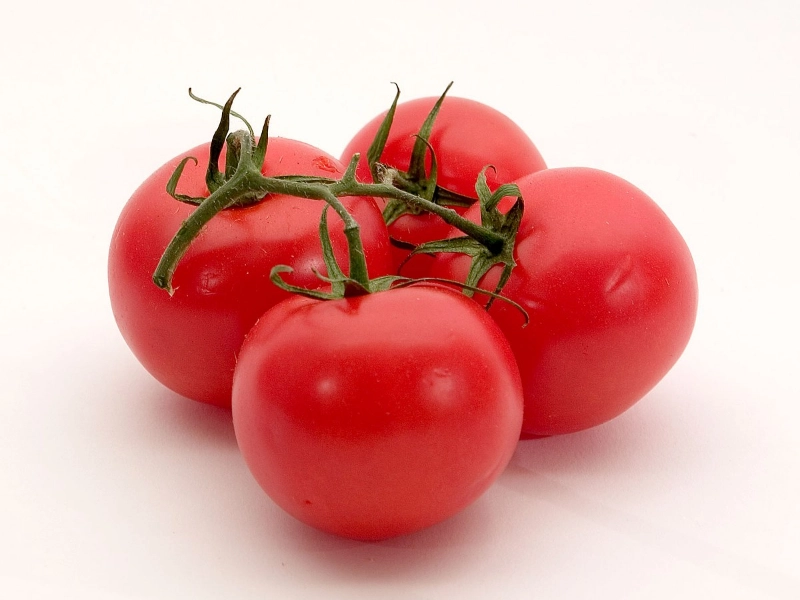
Beta-carotene
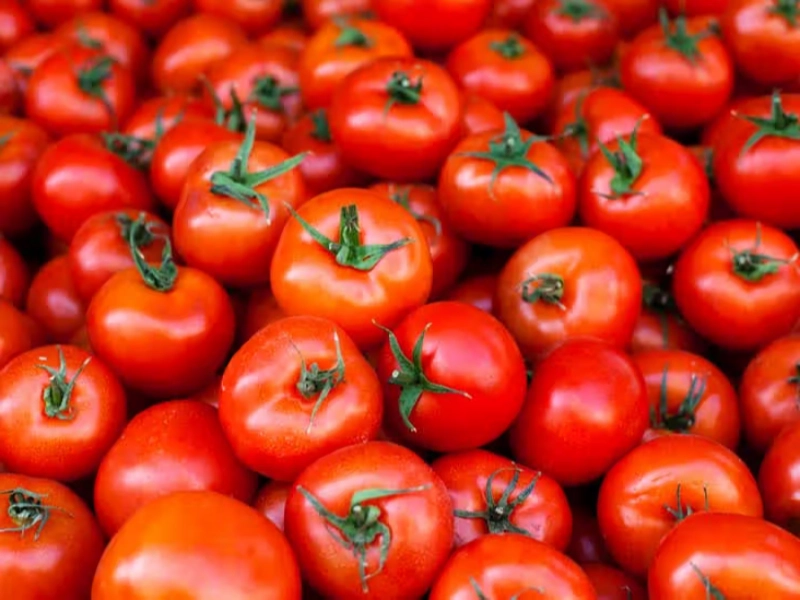 In humans, beta-carotene functions as an antioxidant and a precursor to vitamin A. Dark green leafy vegetables like spinach and kale, carrots, sweet potatoes, melons, winter squash, red and yellow peppers, and herbs like parsley, sage, cilantro, and paprika are just a few of the foods that contain it. Additionally, several animal foods—especially milk—contain it. Since it is fat-soluble, diets high in fat can improve its absorption.
Numerous studies have demonstrated the potential benefits of long-term antioxidant vitamin intake on cognitive performance. These advantages are probably brought about by the nutrients' ability to reduce oxidative stress, which is a factor in dementia and other neurological disorders. It's crucial to remember that long-term supplementation is the only way to boost cognitive function. There is no discernible benefit to using these antioxidants for a brief period of time.
In humans, beta-carotene functions as an antioxidant and a precursor to vitamin A. Dark green leafy vegetables like spinach and kale, carrots, sweet potatoes, melons, winter squash, red and yellow peppers, and herbs like parsley, sage, cilantro, and paprika are just a few of the foods that contain it. Additionally, several animal foods—especially milk—contain it. Since it is fat-soluble, diets high in fat can improve its absorption.
Numerous studies have demonstrated the potential benefits of long-term antioxidant vitamin intake on cognitive performance. These advantages are probably brought about by the nutrients' ability to reduce oxidative stress, which is a factor in dementia and other neurological disorders. It's crucial to remember that long-term supplementation is the only way to boost cognitive function. There is no discernible benefit to using these antioxidants for a brief period of time.
Antioxidants
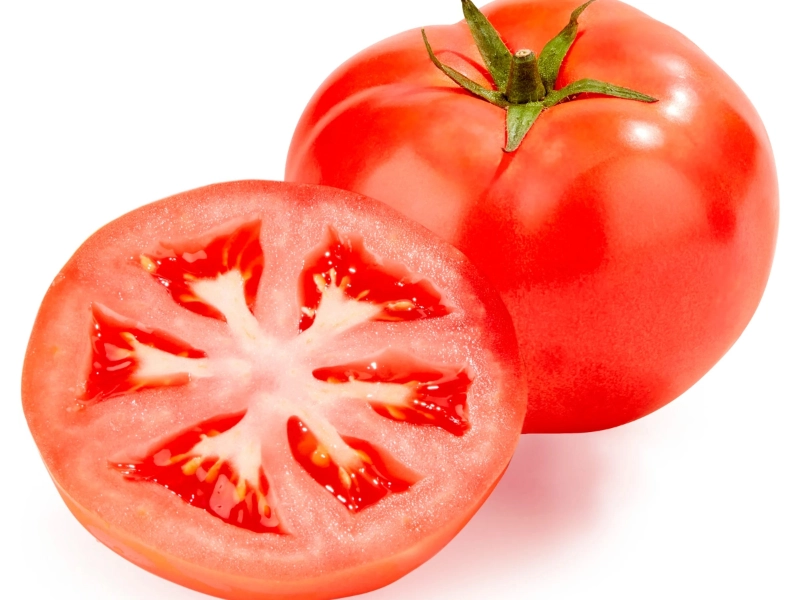 One of the greatest foods to eat is tomatoes since they include lycopene, an antioxidant that helps prevent oxidative stress, which can be bad for the brain. Free radicals can harm cells and cause a range of health issues, including inflammation, arthritis, ischemic heart disease, cancer, respiratory disorders, immunological deficiencies, and emphysema. Lycopene, like other carotenoids and antioxidants, eliminates free radicals from the body.
Antioxidants are compounds that guard against oxidative damage. Examples of these molecules include carotenoids, flavonoids, phenols, and vitamins C and E. These can be obtained as supplements or from plant-based meals, including whole grains, berries, and tomatoes.
Because it improves blood circulation in the brain, vitamin C, another important component found in tomatoes, helps lower the risk of cognitive decline and memory loss. Eating an array of fruits and vegetables, including oranges, cantaloupe, and broccoli, is the most effective method of increasing the amount of vitamin C in your diet.
One of the greatest foods to eat is tomatoes since they include lycopene, an antioxidant that helps prevent oxidative stress, which can be bad for the brain. Free radicals can harm cells and cause a range of health issues, including inflammation, arthritis, ischemic heart disease, cancer, respiratory disorders, immunological deficiencies, and emphysema. Lycopene, like other carotenoids and antioxidants, eliminates free radicals from the body.
Antioxidants are compounds that guard against oxidative damage. Examples of these molecules include carotenoids, flavonoids, phenols, and vitamins C and E. These can be obtained as supplements or from plant-based meals, including whole grains, berries, and tomatoes.
Because it improves blood circulation in the brain, vitamin C, another important component found in tomatoes, helps lower the risk of cognitive decline and memory loss. Eating an array of fruits and vegetables, including oranges, cantaloupe, and broccoli, is the most effective method of increasing the amount of vitamin C in your diet.
Fatty acids Omega-3
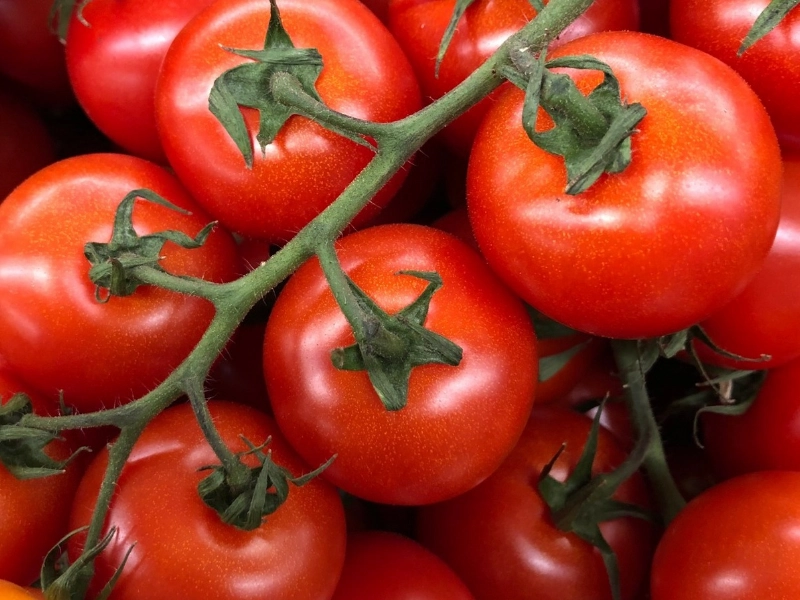 Omega-3 fatty acids, which support heart and brain function, are abundant in tomatoes. The best method to increase your intake of these fatty acids is to take a daily Omega-3 supplement and eat oily fish, such as salmon, trout, and sardines, twice a week (see your healthcare provider beforehand).
The carotenoids lutein and zeaxanthin found in tomatoes shield the eyes from the harmful blue light emitted by digital gadgets like tablets and smartphones. Because these compounds shield your lungs' air sacs, they may also lower your chance of developing asthma and emphysema.
Lean red meat, which is high in iron; dark green vegetables, which are high in antioxidants; and whole grains, which are high in complex carbs and B vitamins, are other foods that support the brain.
Omega-3 fatty acids, which support heart and brain function, are abundant in tomatoes. The best method to increase your intake of these fatty acids is to take a daily Omega-3 supplement and eat oily fish, such as salmon, trout, and sardines, twice a week (see your healthcare provider beforehand).
The carotenoids lutein and zeaxanthin found in tomatoes shield the eyes from the harmful blue light emitted by digital gadgets like tablets and smartphones. Because these compounds shield your lungs' air sacs, they may also lower your chance of developing asthma and emphysema.
Lean red meat, which is high in iron; dark green vegetables, which are high in antioxidants; and whole grains, which are high in complex carbs and B vitamins, are other foods that support the brain.
Anti-inflammatory qualities
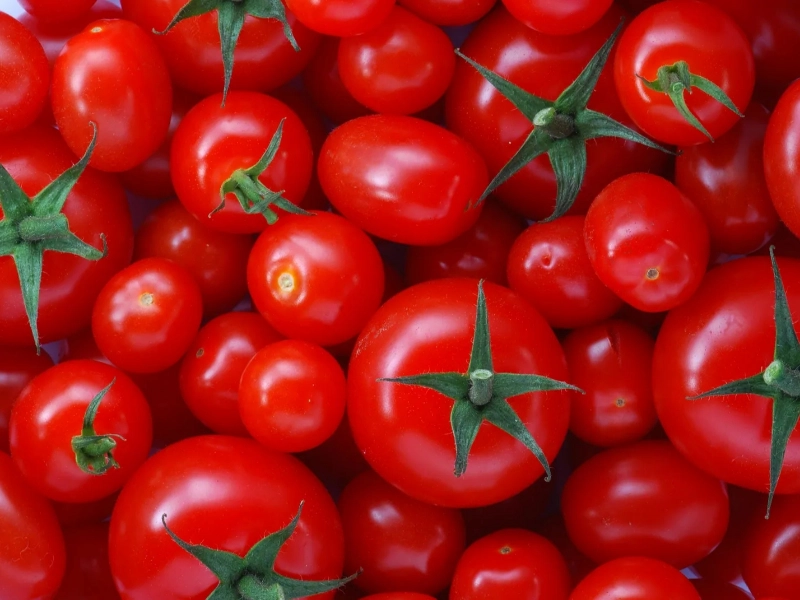 Lycopene is an abundant chemical found in tomatoes. About 85% of the lycopene consumed by Westerners comes from tomatoes and tomato-based products. Strong antioxidant lycopene shields against degenerative diseases like dementia. It also lowers harmful cholesterol levels and the inflammatory response. Additionally, it guards against age-related macular degeneration and safeguards the eyes.
Vitamin C is another component of tomato nutrition, and it has traditionally been used to cure scurvy. In addition, vitamin C enhances wound healing and strengthens the immune system. It preserves healthy skin and encourages the creation of collagen.
Try including raw or cooked tomatoes in your diet. Tomato paste can be used in salsa and gazpacho, as well as added to salads in the form of sauce, soup, or juice. Consuming tomato dishes with a small amount of fat, such as olive oil, helps your body absorb carotenoids like lycopene.
Lycopene is an abundant chemical found in tomatoes. About 85% of the lycopene consumed by Westerners comes from tomatoes and tomato-based products. Strong antioxidant lycopene shields against degenerative diseases like dementia. It also lowers harmful cholesterol levels and the inflammatory response. Additionally, it guards against age-related macular degeneration and safeguards the eyes.
Vitamin C is another component of tomato nutrition, and it has traditionally been used to cure scurvy. In addition, vitamin C enhances wound healing and strengthens the immune system. It preserves healthy skin and encourages the creation of collagen.
Try including raw or cooked tomatoes in your diet. Tomato paste can be used in salsa and gazpacho, as well as added to salads in the form of sauce, soup, or juice. Consuming tomato dishes with a small amount of fat, such as olive oil, helps your body absorb carotenoids like lycopene.



